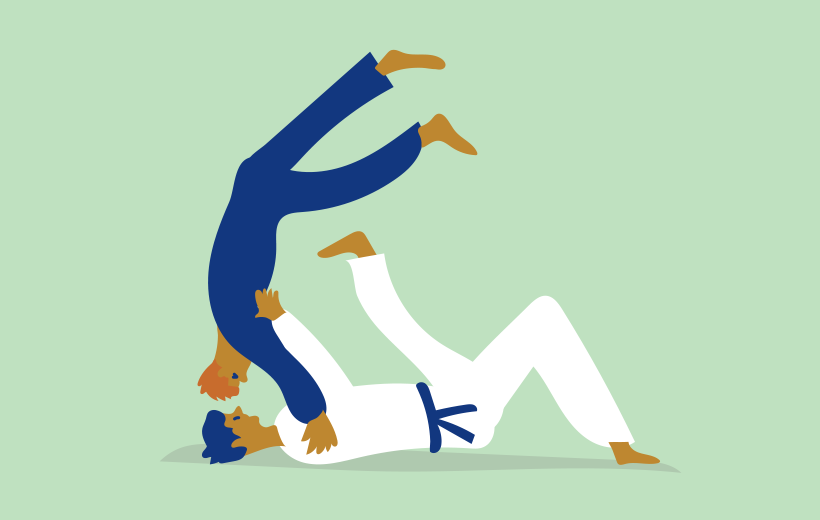Our Unity and Uniqueness
From Mingyur Rinpoche’s Teachings • 2 min read

BREAKFAST
Looking at the surface level, it’s easy to think we’re different from one another. For instance, consider the food we eat in the morning. In Mexico, chilaquiles are served for breakfast. In China, you might enjoy dim sum. In South India, dosas. In North America, it might be granola with yogurt. We get used to eating the same breakfasts, day in and day out.
WEARING AN OVERCOAT
We could say we wear our culture like a big overcoat. When we look outward, we see others wearing their coats and think, “Oh, what a strange breakfast they’re eating,” or maybe, “Oh, they’re so lucky to eat such a breakfast!”
Breakfast is one thing, but we get ourselves in trouble when we look at our physical appearance or our belief systems and such. So much violence and hatred have been caused by viewing others as “other” or as monsters. We stop seeing their humanity and all that we have in common. Again, we’re seeing the overcoat and not recognizing it for what it is — just an overcoat. We all wear one.
UNITY
Beneath the outer layer, we all share, without exception, the wish to be happy and the desire to avoid suffering, as taught in the Joy of Living. Adding cream to our coffee might make us happy… for a few moments. Adjusting our posture in front of a computer is an effort to avoid discomfort (suffering). All of us, without exception, are engaged in this, all the time. This basic level of experience — that rests on our pure inner nature — is where we find our common denominator, our “unity.”
UNIQUENESS
In fact, we are one human family. Science tells us that the human family shares 99.9 percent of our DNA — that’s a lot. But thankfully, we also have different talents and ways of expressing ourselves. This is our “uniqueness.” If we think about building a house, one person designs it, another furnishes it, another landscapes it, and someone else paints it. And, of course, someone has to finance it.
If we didn’t have all these skills, it would be impossible to build a house. If we all had the same skills, what a dull world it would be! With our different talents and capabilities, we can help each other, create together, and support one another. That is a benefit of our interdependence. If we recognize this, we can benefit others by working together.
September 2024
Learn meditation under the skillful guidance of world-renowned teacher Yongey Mingyur Rinpoche at your own pace.


“I could see how the people at the hospice have challenges, just like others, and they don’t have access to meditation.” – Stefan Markov

“Practicing meditation and stepping onto the BJJ mat serve the same purpose: to wake up to who we truly are. The lessons of awareness, resilience, and courage travel back and forth between these two worlds, enriching both.” – Justin Ralph

“The invitation from Rinpoche, which can be found in the Joy of Living teachings, is this: can we learn to stay with the pull of craving in a way that’s balanced, open, and spacious.” – Stephanie Wagner
If you enjoyed reading our articles, please join our mailing list and we’ll send you our news and latest pieces.